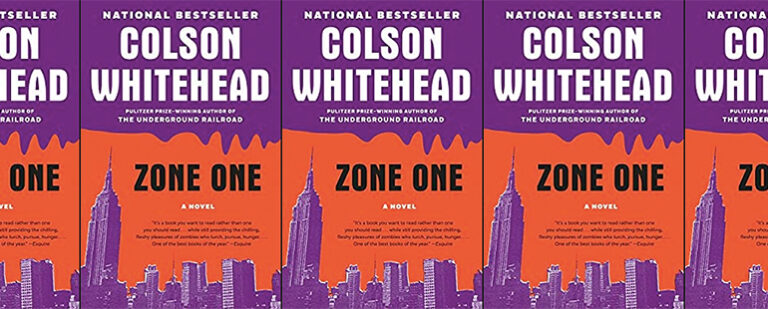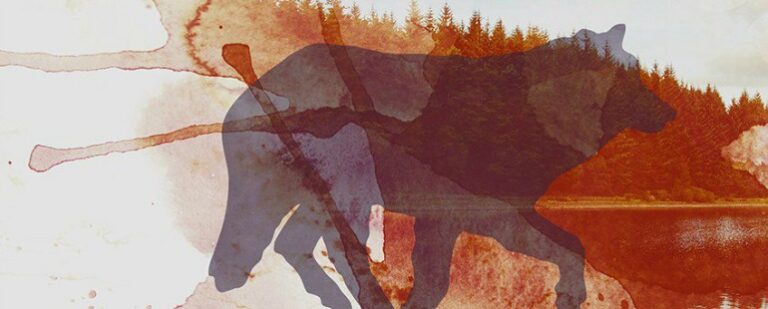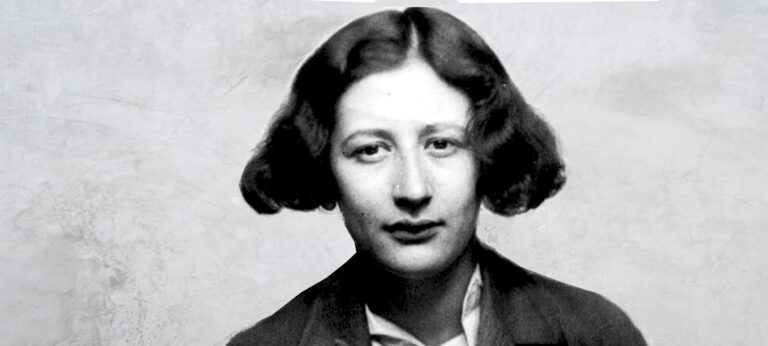“Free Ploughshares” Review: Spring 1988
Issue: Spring 1988
This is a review of a back issue of Ploughshares. The author won our “Free Ploughshares” contest that we hosted earlier this year and agreed to review his/her free issue. This post was written by Bonnie B. Lee. Enjoy!
The Spring 1988 issue edited by Maxine Kumin is about mothers, fathers, sisters, and children—how we love them and how we love others as them—so Maxine Kumin tells us in her introduction. The stories and poems within are the gifts that Kumin wants for herself but has been told she must share with others. Unwrap the crimson paper and raffia bow, however, and inside is so much more than the mere outward shape suggests.
Sure, mothers and fathers are mentioned by name, as in Donald Hall’s poem that sketches his father in shaky silhouette, or Sharon Libera’s poem that deftly outlines her industrious mother in a few short brushstrokes. There are pieces, too, that survey the experience from the other side of contemplating that “fragrant peony head” (John Balaban) or those “ears as complicated as carnations” (Alicia Ostriker).
Talk of parents and children inevitably turns to love, or how the self lives in relation to others. Kumin looks with interest at these bonds to family, lovers, and neighbors when they solidify or explode. Sometimes blood bonds are the very things we strain against, as in Mary Hedin’s story of a young woman witnessing her parents’ divorce. And sometimes the strongest bonds are those of caritas, or love of neighbor. Whether it’s Shirley Kaufman in India, Margo Lockwood on Russia, or Patricia Dobler in Dachau, this issue employs a methodical but compassionate consideration of the lives of strangers.
How is this accomplished? By inhabiting others’ experiences, bodily. “Would you care to take off my bronze / step into my body / and peer through white sockets”? Eliot Schain asks a statue. “Their bodies gleamed from what was surely heat. / I had to guess, for in that air-conditioned bus / I felt no sense of heat and dust,” David Ray writes in “The Tour Group.” The physicality of lived experience is the most basic and most inscrutable aspect of selfhood, one that must be addressed in order to begin to contemplate other selves.
That compassion for “beings who differently breathe” (Philip Booth) extends to animals. For Kumin, a horse breeder who lives on a farm and who has written expertly on nature and landscape, this is no small concern. Animals press up into our world, like the deer in Robin Becker’s backyard like monks “gathered in the orchard after vespers.” They cannot be kept at bay.
We are not only their masters and stewards, but we are more like them than we realize—“these fish thrashing to throw the hook” reminds Enid Shomer of a lover’s tender urgencies. Joyce Carol Oates’s fantastic story “Geese” heightens the tension between man and animal when she asks unblinkingly to what extent we are willing to protect, defend, and care.
And so the gifts that Kumin gives us are not exactly ours to keep, since she too enjoyed them and can enjoy them still, and each reader can find delights inside—exactly what she knew you wanted.
Bonnie B. Lee lives and writes in Brooklyn. She has worked at Tin House, The Nation, The Paris Review, and PEN American Center, among others. Like Maxine Kumin, she is a Harvard graduate and an avid rider.


